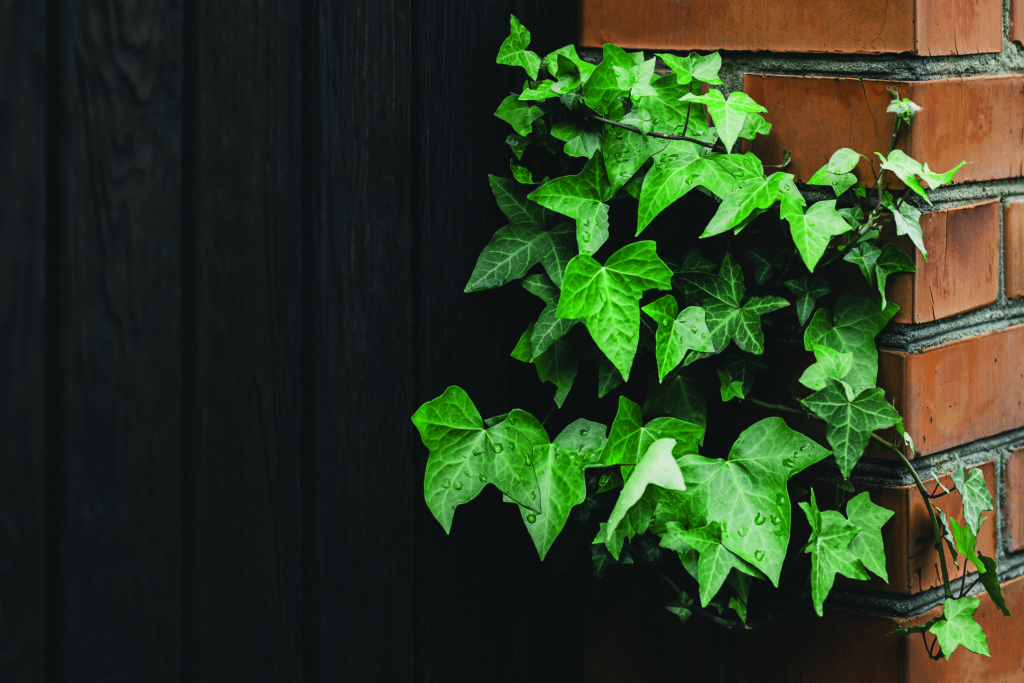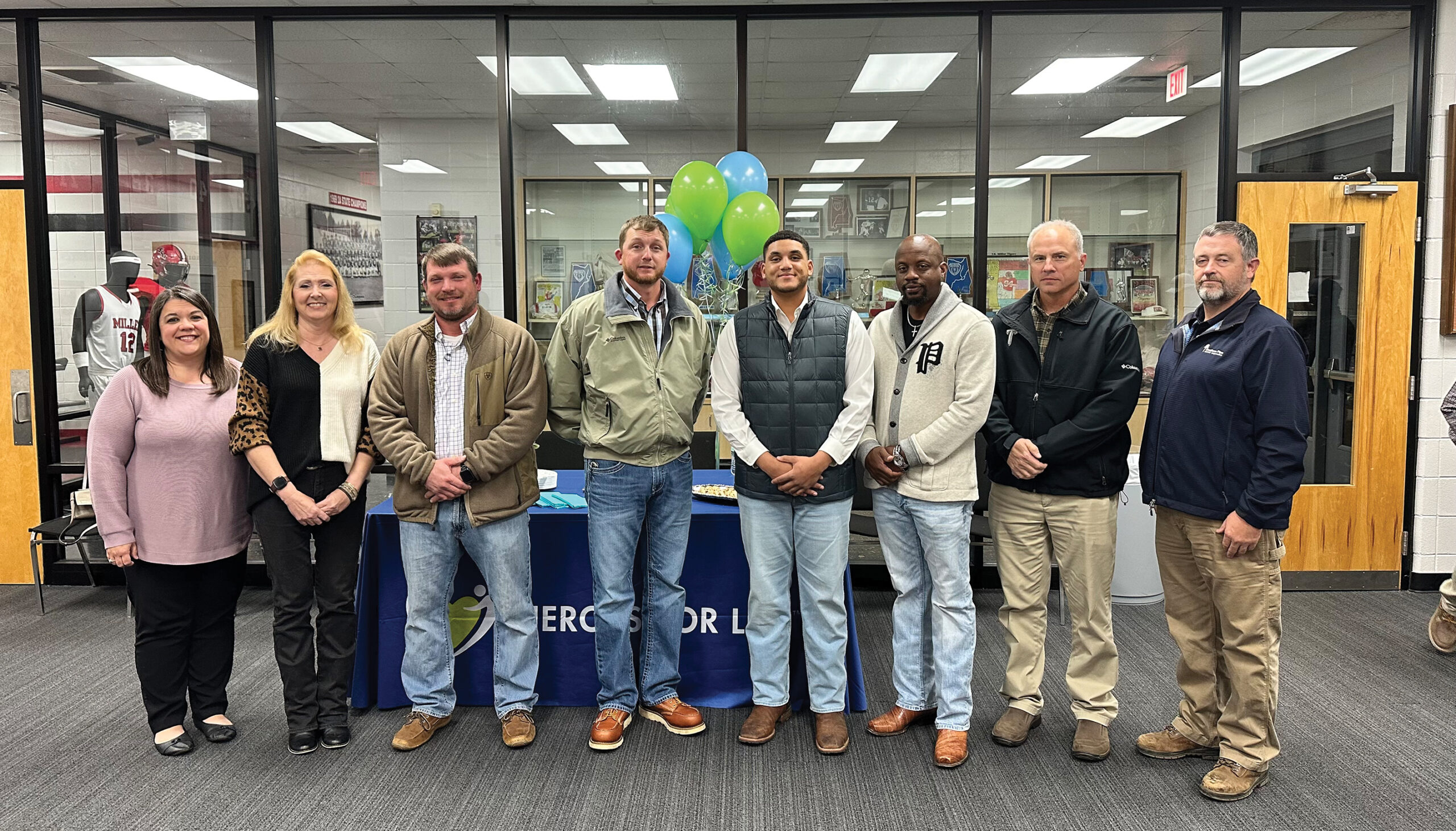
Our yards and gardens can be sanctuaries for a wide array of interesting and important organisms that help support our natural world. Unfortunately, these spaces can also harbor harmful and seemingly indomitable invading organisms that wreak havoc on natural systems.
Thankfully, though, we can defend the natural world from these intruders from the vantage point of our own yards and gardens.
Invasive species are defined as non-native organisms (plants, animals, insects, fungus, bacteria and the like) that, when introduced into a new ecosystem, can soon overwhelm native species. This throws the ecosystem out of balance and that imbalance can forever change a landscape, lead to the extinction of native species and even threaten our own economic and physical health and well-being.
All of us probably have some invasive plant species in our yards (English ivy, Chinese privet and wisteria, Elaegnus, popcorn trees, nandina and Bradford pears, for examples). And if you’re like me, removing them can seem a daunting task.
To tackle this job, I’ve looked for help through various state, regional and national conservation and land management organizations. In the process I found a great a homeowner’s guide (https://bugwoodcloud.org/mura/gist/assets/File/HomeownersGuide-InvasiveSpecies2.pdf) published by the University of Georgia’s Center for Invasive Species and Ecosystem Health and I discovered Kyle Lybarger, founder of the Native Habitat Project (visit nativehabitatproject.com).
Lybarger is a forester and conservation consultant based in Hartselle, Ala., who turned his passion for native habitats and plants into a campaign to restore native ecosystems in Alabama. He’s also a conservation “influencer” whose social media posts (especially his TikTok posts) have become go-to sources of information for landowners of all ilks.
When I contacted him to ask if we as gardeners and homeowners can really make a difference in the battle against invasives, he replied with an unequivocal “Absolutely!”
According to Lybarger, one big way we can help is by removing invasive species and planting more natives. And he said we can have an impact whether our “land” consists of “a few pots on your balcony or thousands of acres.”
To avoid feeling overwhelmed by this task, Lybarger suggests starting small. “Find the worst spot and focus on removing invasives from that location,” he said. Once those are conquered, you can widen the effort to other areas.
In addition to removing invasives, Lybarger says it’s important to plant native species, which benefit wildlife and the local ecosystem. “What we plant in our yard determines what grows in the wild around our yards,” he explains.
To get started with native plants, Lybarger suggests dedicating a small garden area to convert to native species and adding to it each year. Replacing invasive plants with natives is also a good step.
We can also help by not buying invasive species, many of which are still readily available at garden centers. And there’s nothing wrong — and a lot right — with asking garden center managers to stop carrying invasive plants and start stocking more natives.
It’s also important to get to know our plants — the good guys and the bad ones. Lybarger suggests using the INaturalist app or website for this purpose. He also suggests joining the Native Habitat Managers Facebook group to get more advice and ideas.
These are of course only a few ways we can wage the battle against invasive species, but each battle is a step closer to winning the war, which is a win for everyone.
Katie Jackson is a freelance writer and editor based in Opelika, Alabama. Contact her at katielamarjackson@gmail.com.





